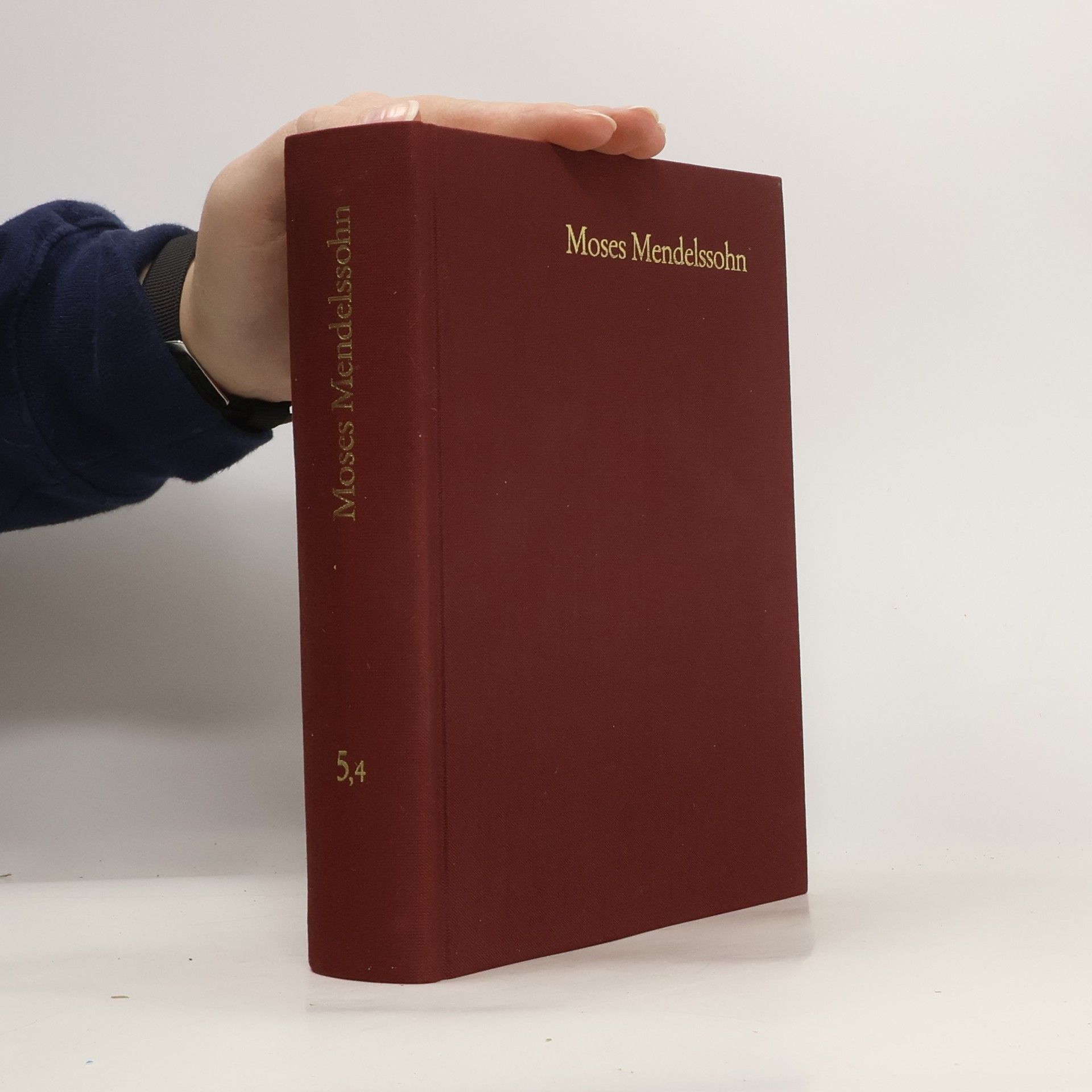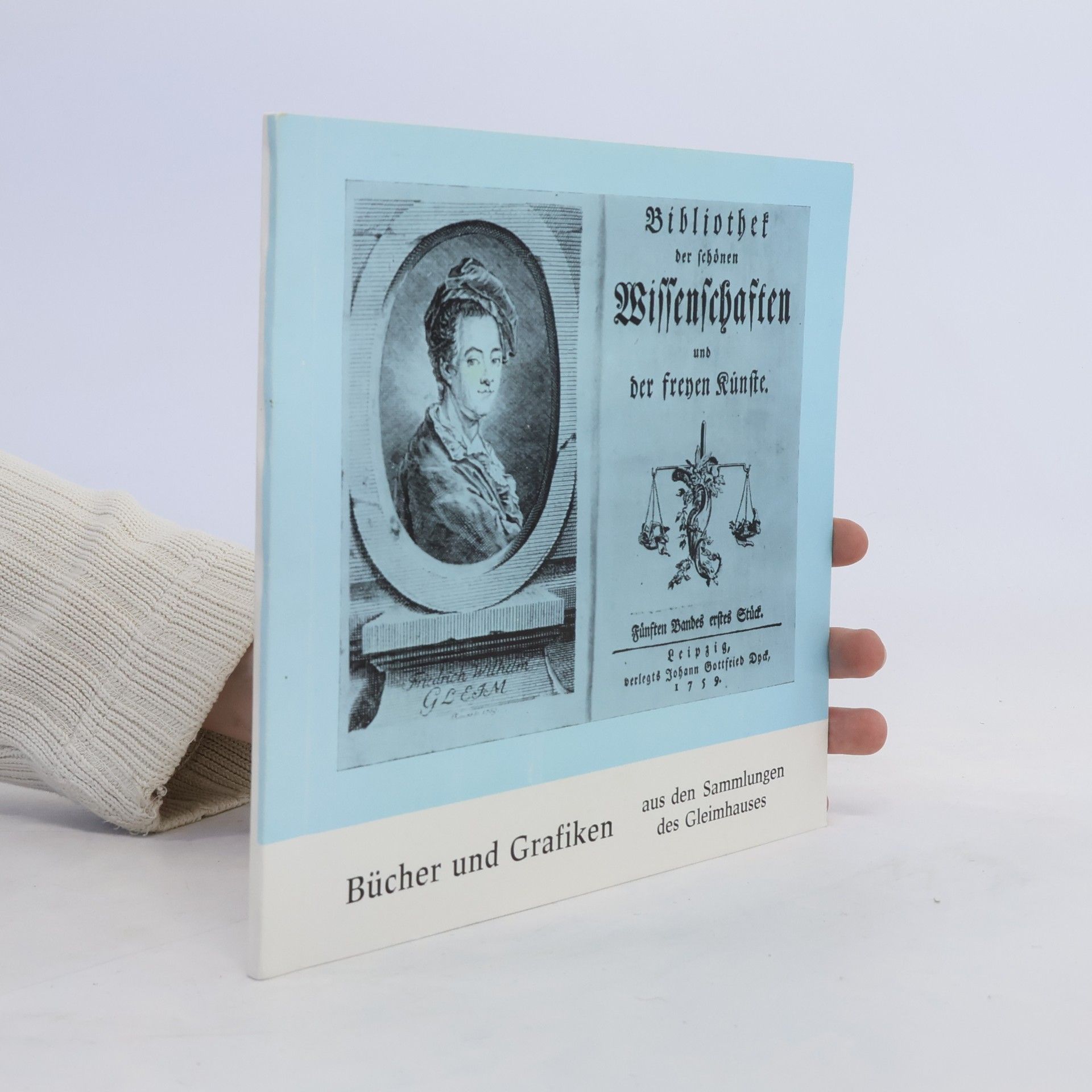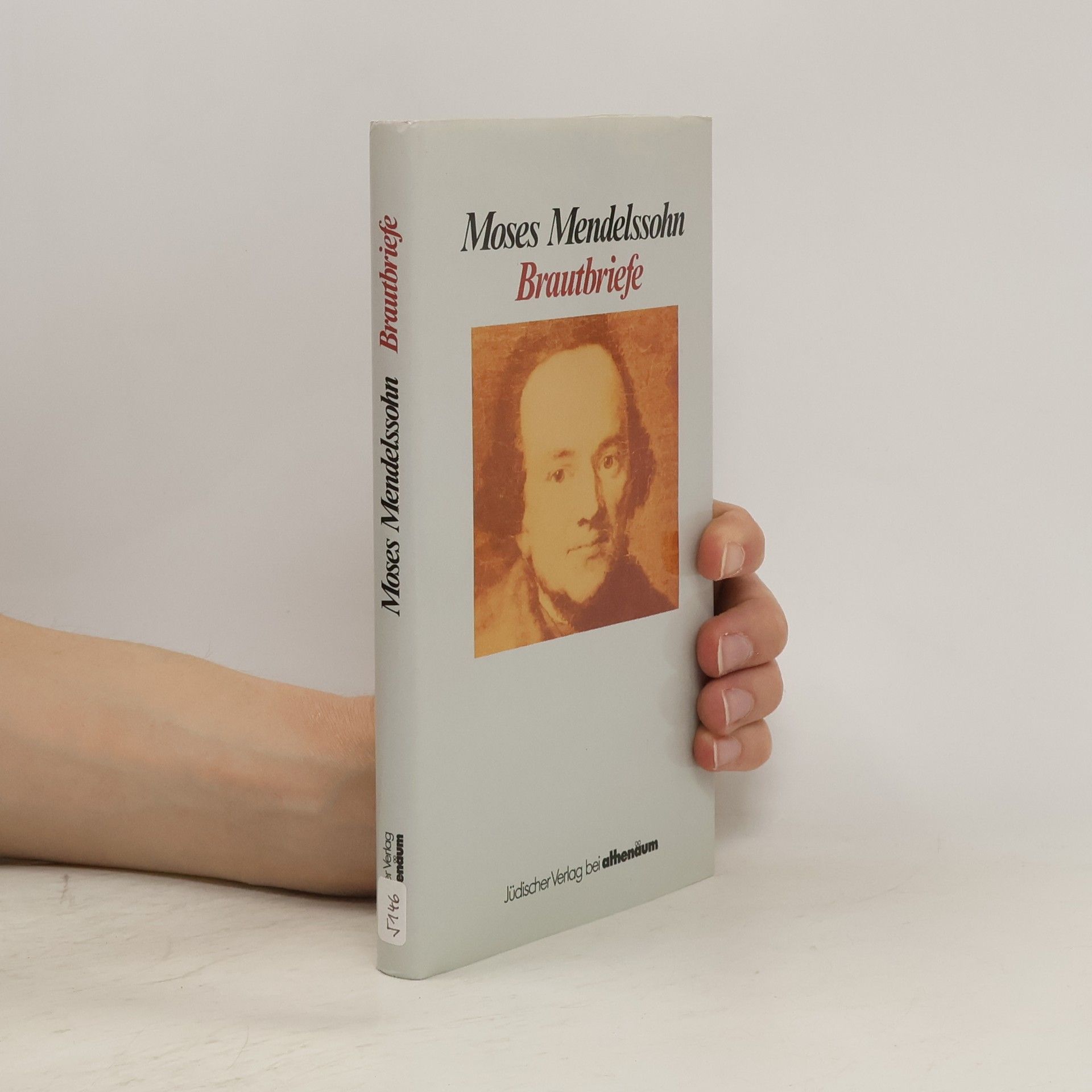Phädon: Oder, über die Unsterblichkeit der Seele, in erey Gesprächen. Vierte Auflage
- 296 páginas
- 11 horas de lectura
Bei diesem Werk handelt es sich um eine urheberrechtsfreie Ausgabe. Der Kauf dieser Kindle-Edition beinhaltet die kostenlose, drahtlose Lieferung auf Ihren Kindle oder Ihre Kindle-Apps.



